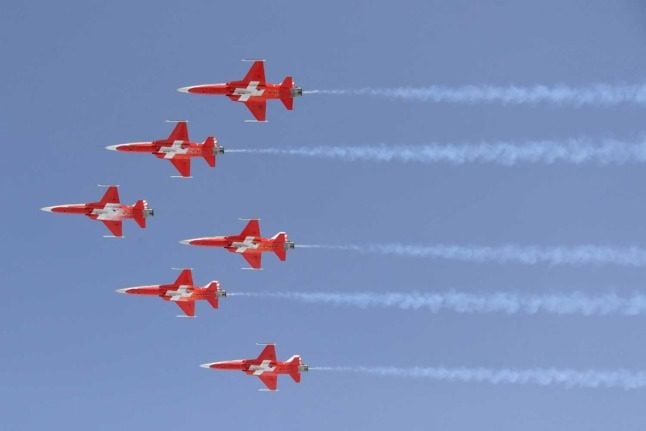The Supreme Court “ordered the arrest” of Anna Gabriel, who failed to turn up on Wednesday before a judge for questioning, it said in its ruling. The arrest warrant applies only “nationally”, a court spokesman told AFP.
Public prosecutors had asked the court to issue an arrest warrant for Gabriel and ask Swiss authorities to extradite her.
Asked earlier on Wednesday if extradition was a possibility, Swiss justice ministry spokesman Folco Galli said: “Switzerland does not grant, like most other states, extradition and any other form of mutual legal assistance for political offences.
“If there is a request, we have to look at it thoroughly, and from what the media say, it seems to be a political offence, so there is no extradition,” he added.
READ MORE: Leading Catalan separatist flees to Switzerland to evade justice
Gabriel, a top member of the far-left separatist CUP party, is the latest separatist to leave the country after deposed Catalan president Carles Puigdemont and four former regional ministers went to Belgium shortly after a failed bid to break from Spain.
She had been due to appear before a Supreme Court judge on Wednesday over her role in Catalonia's failed independence drive, which eventually led Madrid to impose direct rule on the region in October, sack its government and dissolve its parliament.
The CUP held the balance of power in Catalonia's parliament during that time, as ousted Catalan president Carles Puigdemont's ruling coalition lacked a majority and relied on the smaller party's 10 seats to pass legislation and advance his independence “roadmap.”
Gabriel, a former university law professor and the party's most famous member, is popular with CUP supporters for her fiery speeches in parliament in favour of independence.
Puigdemont and several of his former ministers left for Belgium just hours before he and other separatist leaders were charged with rebellion, sedition and misuse of public funds over their role in Catalonia's independence drive.
Like Gabriel, they face arrest if they return to Spain.
“I won't go to Madrid. I'm wanted for my political activities and the government press has already declared me guilty,” Gabriel told Swiss daily Le Temps on Tuesday.



 Please whitelist us to continue reading.
Please whitelist us to continue reading.